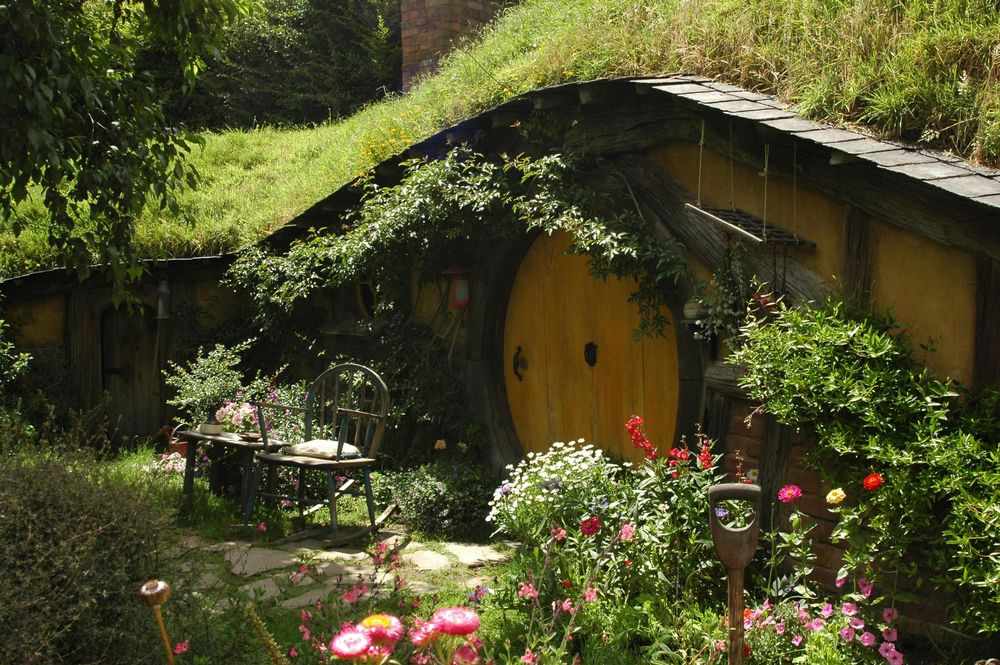This is a guest blog written by Molli McGee.
In order to make big changes, sometimes you have to start small.
If you haven’t heard about tiny houses, here’s what you need to know: tiny houses are typically no more than 500 square feet and cultivate a lifestyle that focuses on quality, simple living. Tiny living also cultivates the ultimate mindful lifestyle. By living in a smaller space, you leave a smaller footprint on the home we all share–earth. Check out these ways that tiny living impacts the earth.

Less Energy Consumed
Living in a tiny house means you end up using less energy to light, heat, and cool than in a standard-sized home. And speaking of light, tiny houses are able to spread natural light extremely efficiently–meaning you can maximize on sunlight and forgo the light switch during daylight hours. Additionally, the smaller space encourages tiny homeowners to get outside more often. When the beautiful outdoors are calling, how can you resist?
Eco-Friendly Appliances
When it comes to building a tiny home, a lot of the compatible appliances are compact, high in quality, and energy-efficient. Keep in mind; compact, energy-efficient appliances often come at a premium. However, to many tiny homeowners, paying for quality and energy-efficiency is more than worth it!
Upcycle, Upcycle, Upcycle
Because it takes fewer materials to build tiny, it opens up the possibility to use recycled materials in the process. Start your search on a local level. Check building sites and flea markets for unique additions–you never know what treasures you’ll find! Pallets are usually an plentiful, and often free find. The versatility of pallet wood adds a lot to a tiny house–think pallet beds, feature walls, and much more!
Pro Tip: Windows are excellent for upcycling, and can save you quite a bit of money.
Less Stuff
It’s safe to say that living in a tiny house means you won’t have the same amount of space as a residential home to store ‘stuff.’ Having fewer material possessions is actually one of the major benefits of tiny living because of the happier life it tends to cultivate. Additionally, less storage space means you must be mindful of each purchase you make. Do I need this? How does this add value to my life? If everyone asked themselves this before making a purchase, we would likely have far less of their ‘stuff’ in our landfills.

The Takeaway
Tiny living may not be for everyone, but treating our planet earth with respect should be. Living in a tiny house is the gateway to all sorts of sustainable living practices. It encourages us to make mindful choices about the way we live. You don’t need to own a tiny house to live mindfully or leave a tinier footprint. Turn the tap off when you brush your teeth. Turn the lights off in empty rooms. Sometimes, it really is the little things that lead to big change.
This post includes sponsored content. If you’d like to advertise with us, please click here to find out more.




















